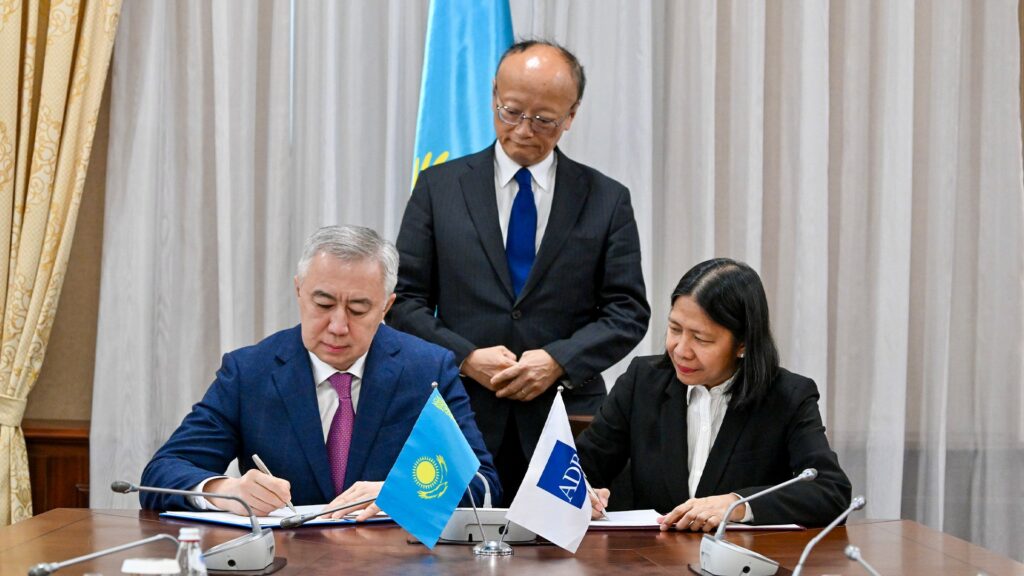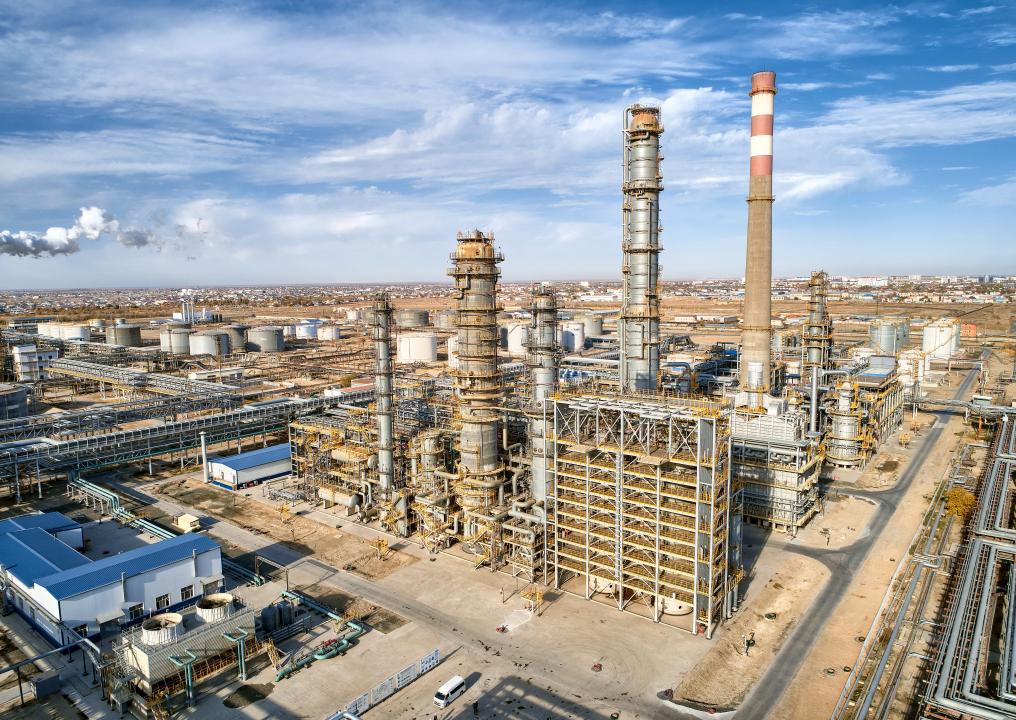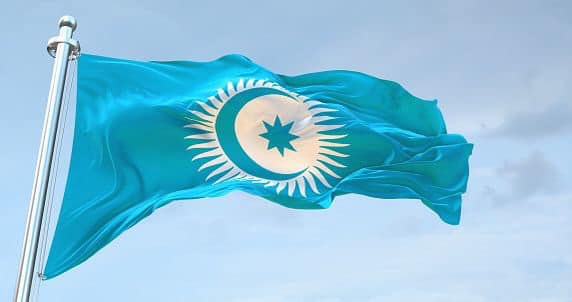BISHKEK (TCA) — This week Bishkek hosted a meeting of Heads of Governments of the Commonwealth of Independent States (CIS). This year, the CIS is celebrating its 25th anniversary, and Kyrgyzstan chairs the organization.
At the meeting the CIS member countries were presented at the highest level, except for Ukraine which was presented by its Ambassador to Kyrgyzstan Nikolai Doroshenko.
According to a Ukrainian MP, Joseph Vinsky, the CIS has ceased to perform its function. This structure, created on the basis of the former Soviet Union, has fulfilled its function. To create favorable conditions for the CIS existence and development, it is vital to reform this structure. Otherwise, the CIS should cease to exist, he concluded.
20 documents signed
The CIS prime ministers signed more than 20 documents, a third of them in the economic sphere.
The most important was the draft protocol on the rules and procedures for regulating public procurement in the CIS states to ensure optimal and effective spending. The document envisages creation of equal access for potential participants in procurement and mutual recognition of electronic signature. It was supposed to harmonize national legislations, and then to introduce the technology to ensure the openness and transparency of procurement.
The parties also decided to implement an interstate program of innovation cooperation of CIS countries up to 2020, and signed a Convention on agro-biodiversity conservation.
In economic cooperation, the PMs discussed draft agreements on the exchange of information on accidents at electric power facilities, on cooperation in vocational education in the field of electricity, on information exchange on the movement of radioactive sources, cooperation in the chemical industry, and on a population census in the CIS countries.
Russian-Kyrgyz relations
After the bilateral meeting of Prime Ministers of Russia and Kyrgyzstan, five documents were signed including agreements on cooperation in the supply of crude oil and petroleum products, and in the social and labor spheres.
“The trade turnover between Russia and Kyrgyzstan is high enough, but taking into account different market trends, we see that it is shrinking, and our task is to bring it out of the falling trend,” Russian Prime Minister Dmitry Medvedev said. There are also some positive points, in particular, in trade of agricultural products and foodstuffs, he added.
It is important to work on the adaptation of Kyrgyzstan’s economy to the norms of the Eurasian Economic Union which opens up new opportunities for national manufacturers, and Russia will assist in it, Medvedev said.
According to Medvedev, from June 20 regular flights of Air Kyrgyzstan will begin from the new Zhukovsky airport in Moscow.
After the denunciation of the agreement on the construction of the Kambarata hydro power plant and Upper Naryn HPPs cascade in Kyrgyzstan, the largest investment projects in the history of the two countries, at the end of last year, relationship between Kyrgyzstan and Russia have cooled. In the deteriorating economic situation after Kyrgyzstan’s joining the EEU, anti-Russian sentiments exacerbated in the Kyrgyz society.
Oil supply
According to the agreement signed between Kyrgyzstan and Russia, Russia will supply duty free oil and petroleum products in a pre-agreed amount only.
The relevant authorities will coordinate the volume and range of domestic consumption of petroleum products in Kyrgyzstan for the next year before December 31 of each year and approve indicative balances. Russia will provide a zero export duty for the approved fuel volumes only and the rest of imported petroleum products will be taxed. This will help avoid re-export of oil and petroleum products.
Kyrgyzstan consumes about 1.2 million tons of petroleum products a year. Russia supplies more than 90% of all fuel in Kyrgyzstan.
Medvedev also said that Russia plans to invest about 100 billion rubles in the gas transportation industry in Kyrgyzstan by 2030 to improve gasification in the country. A third of this amount will be invested in the next two years.
Migration
Russian law enforcement bodies will revise the list of Kyrgyz citizens who were deported from Russia for minor offenses. This list is likely to decrease. However, the mechanism of prohibition on entry shall remain in force, Russian Deputy Interior Minister Alexander Gorovoy said.
Since October 2015 more than 190 thousand citizens of Kyrgyzstan had been excluded from the list, and they had the opportunity to come to Russia and work there under strict law observance.
Innovation needed
According to CIS Executive Committee Chairman Sergey Lebedev, the Prime Ministers had a frank discussion on the CIS’s adaptation to new realities.
“We need innovation, and a decision on reformatting the CIS activities will be drafted. The main thing is that we have come to an understanding that it is necessary to preserve the organization and do everything to make it more effective,” he said.
The meeting in Bishkek was a good rehearsal before the next summit of CIS Heads of Government to be held on October 28 in Minsk, Belarus.








